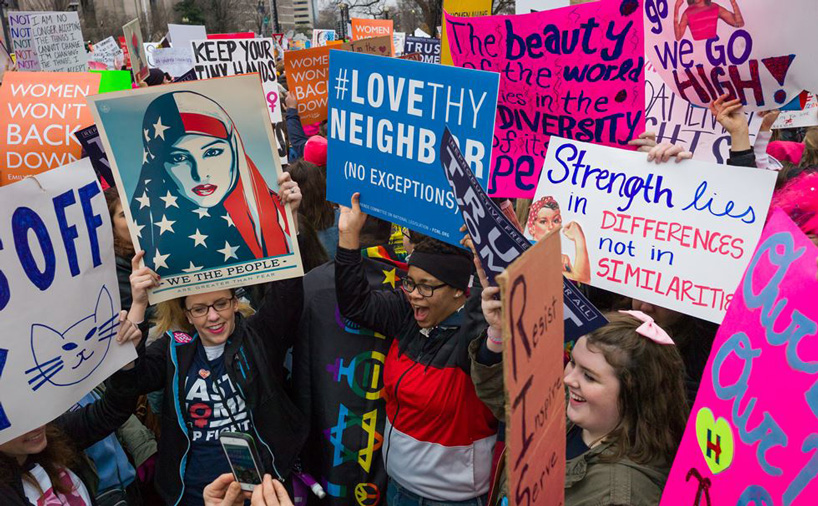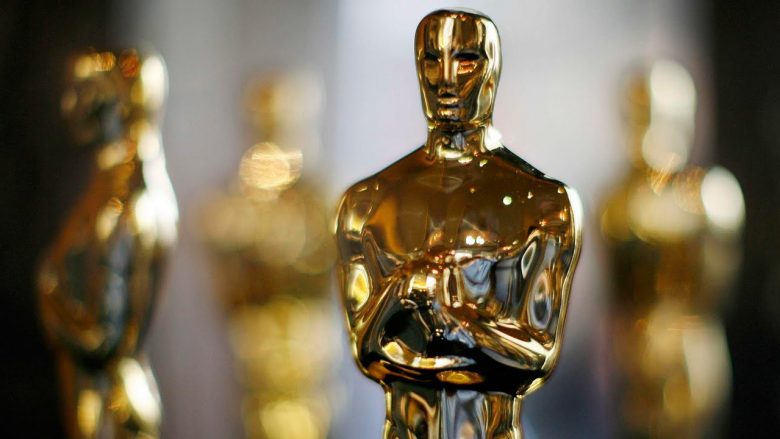Artists release silent album in protest at AI copyright proposals
Paul Glynn
Culture reporter
PA Media
“In the music of the future, will our voices go unheard?” said Kate Bush in a statement
More than 1,000 musicians – including Annie Lennox, Damon Albarn and Kate Bush – released a silent album on Tuesday in protest at the UK government’s planned changes to copyright law, which they say would make it easier for AI companies to train models using copyrighted work without a licence.
Under the new proposals, AI developers will be able to use creators’ content on the internet to help develop their models, unless the rights holders elect to “opt out”.
The artists hope the album, entitled Is This What We Want?, will draw attention to the potential impact on livelihoods and the UK music industry.
All profits will be donated to the charity Help Musicians.
“In the music of the future, will our voices go unheard?” Kate Bush said in a statement.
A public consultation on the legal changes closes later on Tuesday.
‘Real control’
The album – also backed by the likes of Billy Ocean, Ed O’Brien of Radiohead and Bastille’s Dan Smith, as well as The Clash, Mystery Jets and Jamiroquai – features recordings of empty studios and performance spaces, demonstrating what the artists fear is the potential impact of the proposed law change.
The track listing for the record simply spells out the message: “The British government must not legalise music theft to benefit AI companies.”
The government has previously said it aimed to deliver legal certainty through a copyright regime that provided creators with “real control” and transparency.
It is currently consulting on proposals that would allow AI companies to use material that is available online without respecting copyright if they are using it for text or data mining.
Generative AI programmes mine, or learn, from vast amounts of data like text, images, or music online to generate new content which feels like it has been made by a human.
The proposals would give artists or creators a so-called “rights reservation” – the ability to opt out.
But critics of the plan believe it is not possible for an individual writer or artist to notify thousands of different AI service providers that they do not want their content used in that way, or to monitor what has happened to their work across the whole internet.
Imogen Heap, Yusuf aka Cat Stevens and Riz Ahmed have also backed the silent album release as well as Tori Amos and Hans Zimmer.
Getty Images
Damon Albarn of Blur and Gorillaz has backed the move
A government spokesperson previously told the BBC that the UK’s music industry was “truly world class” and had produced “some of the most celebrated artists in history”.
“That is why we have launched a consultation to ensure the UK copyright framework offers strong protections for artists with regards to AI,” they said.
“Our aim is to deliver legal certainty through a copyright regime that provides creators with real control, transparency, and helps them licence their content.”
Composer Max Richter, another of the artists involved in the album, noted how the plans not only have an impact on musicians but “impoverish creators” across the board, from writers to visual artists and beyond.
In 2023, UK music contributed a record £7.6 billion to the economy.
Organiser of the silent record, Ed Newton-Rex, said the proposals were not only “disastrous for musicians” in the UK but also “totally unnecessary”, as the country can be “leaders in AI without throwing our world-leading creative industries under the bus”.
He said the new record showed that “however the government tries to justify it, musicians themselves are united in their thorough condemnation of this ill-thought-through plan.”
Singer-songwriter Naomi Kimpenu added: “We cannot be abandoned by the government and have our work stolen for the profit of big tech.”
She said the plans would “shatter the prospects of so many emerging artists in the UK”.
In January, Sir Paul McCartney told the BBC the proposed changes to copyright law could allow “rip off” technology that might make it impossible for musicians and artists to make a living.





